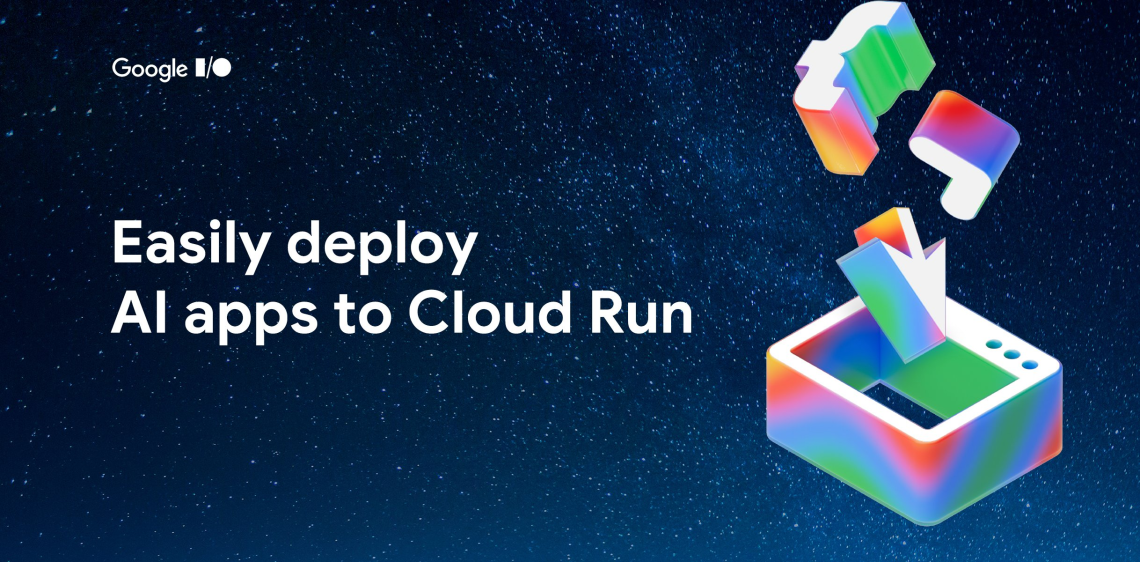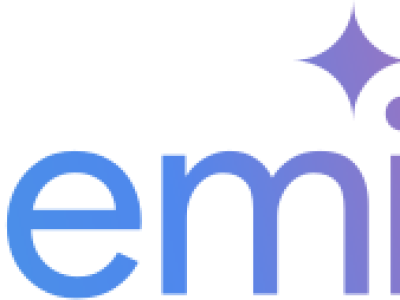
Quick Take: Google’s creative space in the Gemini app, Canvas, just got a power-up thanks to Gemini 2.5 models. You can now use it to spin up working code for apps, design web pages, create slick visual briefs, and even generate AI-hosted audio summaries – all from simple descriptions. Plus, it now plays nice with Deep Research reports.
The new tempo: super fast deployment
AI isn’t just helping us write code anymore; it’s fundamentally altering ow quickly we can manifest those ideas.
So, Google’s latest moves with Cloud Run feel less like a simple feature update and more like a deep lean into this new, accelerated reality, aiming to make AI deployments not just easier, but almost an afterthought.
The promise is tantalizingly simple: build your app with Gemini in AI Studio, hit a button, and boom – it’s live on Cloud Run with a shareable URL, scaling to zero when nobody’s looking, and with your precious Gemini API key tucked safely away on the server-side. It’s an almost frictionless path from prototype to production for AI-driven apps, especially with the carrot of a generous free tier and credits making experimentation very approachable.
Then, for those of us wrestling with powerful open models like Gemma 3, they’re extending that same one-click-to-Cloud-Run magic, complete with GPU support that spins up in seconds and, again, scales down to nothing when idle. It’s a clear signal: “Got a Gemma project? We want you to get it into the wild, fast, without the usual infrastructure headaches.”
Machine whisperers
Think about this for a second: you’re conversing with your AI, iterating on an app, and then your AI assistant itself can handle the deployment. That’s a whole new level of automated workflow.
So, Google is rolling out a new Cloud Run MCP server, and if you’re not familiar, MCP (Model Context Protocol) is all about creating a common language for AI agents to talk to their tools and environment – a crucial step towards a more open and interoperable agent ecosystem. What this new server does is empower MCP-compatible AI agents, whether they’re embedded in your IDE like Copilot with Gemini 2.5 Pro, living in a dedicated assistant app like Claude, or orchestrated via SDKs, to directly deploy applications to Cloud Run.
This isn’t just about convenience features; it feels like a foundational shift in how we interact with cloud platforms and development pipelines. It suggests a future where the lines between coding, AI assistance, and deployment become incredibly blurred. Google is clearly betting on Cloud Run to be the adaptable, AI-friendly stage for this next act, pushing to make it not just a place to host apps, but an active participant in an increasingly AI-orchestrated development world.



